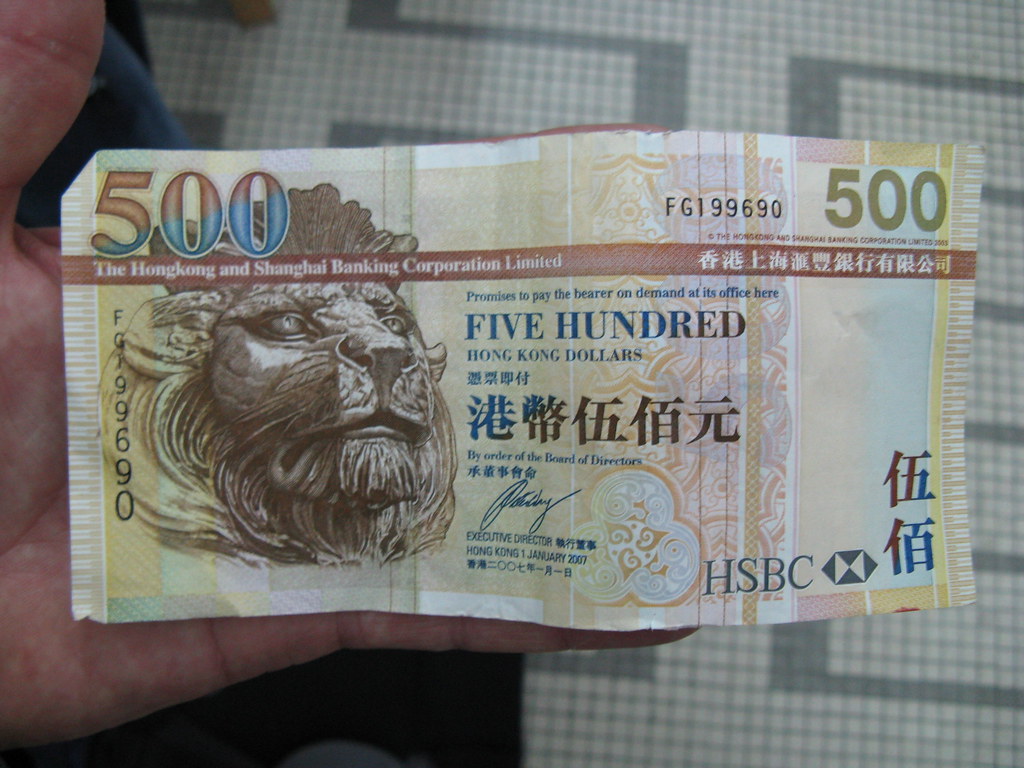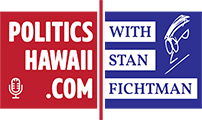“He took a deep breath of air. Once again he caught a strangeness on the wind, neither pleasant nor unpleasant, neither odor nor perfume—just strange, and curiously exciting. “Superintendent, what’s that smell? Casey noticed it too, the moment Sven opened the door.” Armstrong hesitated. Then he smiled. “That’s Hong Kong’s very own, Mr. Bartlett. It’s money.”
― James Clavell, Noble House
Before jumping into the new zeitgeist on the current situation in Hong Kong, it may be beneficial to add into a perception of the place that no one is talking about, currently.
That is, the history and real background of Hong Kong, its economic and political position going back to the days of it being a crown colony.
As you read in the quote, written by novelist James Clavell in his Asian Saga series, Hong Kong has not always been a place where politics came over profits. On the contrary, if one looks back at the history of the place, one will surmise that politics only recently became an issue Hong Kong people talked about.
Going back to the days of the Crown, Hong Kong was never conceived as a hotbed of political thought or a stepping stone of democracy for Asia. Instead, when the Union Jack was raised over Possession Point, it was seen as a “barren rock with nary a house upon it” that would never “be a mart for trade.”
And for many, many years after 1841, that is exactly what Hong Kong was, a backwater trading port that stood in the shadow of the more established, and more connected Portuguese colony of Macao. Politics were handled by the Tai Pans, working with the Governor assigned to Hong Kong.

“Hong Kong 2008” by Ianz is licensed under CC BY-SA 2.0
The economic Hong Kong that we see today is a direct result of what happened in 1949, when Communist troops marched southward toward Guangzhou, inciting a flight of Chinese refugees to the colony to escape from the takeover.
Those refugees, coming from all parts of China, brought with them the raw skills of developing and sustaining companies. They blended in, worked with and profited from the landowners of Hong Kong that were the Tai Pan’s of the Colony.
Again, part of the deal was the Tai Pans and other landowners, along with business people, would just work with the Governor assigned, and keep everyone working, making a profit. A very “lazez faire” relationship that the Crown seemed to have no problem with.
Together, over the next 35 years – from 1949 to 1984 – this re-imagined Hong Kong from a trading backwater to one of the financial capitals of the world, taking over from Shanghai and going toe-to-toe with the likes of Singapore.
Yes, the idea of democratization was brought up, with the masters in London shelving a plan they first put forward in the 1950’s and making very tentative moves toward some democratization in the 70’s and 80’s. But by and large, profit had to be preserved.
Then the Joint Declaration between Hong Kong and the Peoples Republic of China was agreed to, handing over Hong Kong on July 1, 1997. And that was also the day the seeds of what we see today got planted – the integration of politics into the mindset of Hong Kongers.
That seed broke out of dormancy and started to grow about five years later, when on June 4, 1989, the Peoples Liberation Army (PLA) marched into Tiananmen Square and crushed a student-led revolt against the Communist leadership. All of the sudden what was feared – a political heavy hand that would once again put capitalists in the crosshairs of a gun held by a PLA private – became all too real.

“DSC_5945-4” by L.Rico is licensed under CC BY 2.0
So, going back from here, for the first 148 years of Hong Kong’s existence, politics was not a factor that it seems to be now. Since then, in only the last 31 one years, the entire cultural dynamic of the area changed – at least to Hong Kongers.
But not to China.
You see, China today is trying to, somehow, turn back time in its actions toward Hong Kong. With the Colony getting a taste of democracy in 1994 when the last Governor of Hong Kong, Chris Patton, finally executed a plan to democratize Hong Kong, China has been working very hard to remove this drive, and put the onus back on the people to just focus on business – making money and having a good life.
All the good stuff money can buy, but not worrying about politics.
With the passage of the National Security Legislation in Beijing, China is making this latest move to more forcibly put that democratic genie back in the bottle, and return Hong Kong to the days where all that “should” be cared about is money and profits – keeping the rule of law on those items intact.
China might find that the heavier handed it becomes, the more Hong Kongers will desire more, including outright independence. Whether the world desires to see Hong Kong transformed in that way, rather than return to it’s stated place as a financial hub, remains to be seen.
Initial actions, though, from the Europeans and Americans on the matter of Hong Kong, leaves something to be desired:
- The Europeans have no stomach to fight China; and
- President Trump made blunt statements, but buffered any actions, which led the Stock Market to rise on May 30 after fears of more severe actions by the US on China.
That curiously and exciting scent, it seems, is still in the air, and no one has a desire to blow that scent away at this point.
